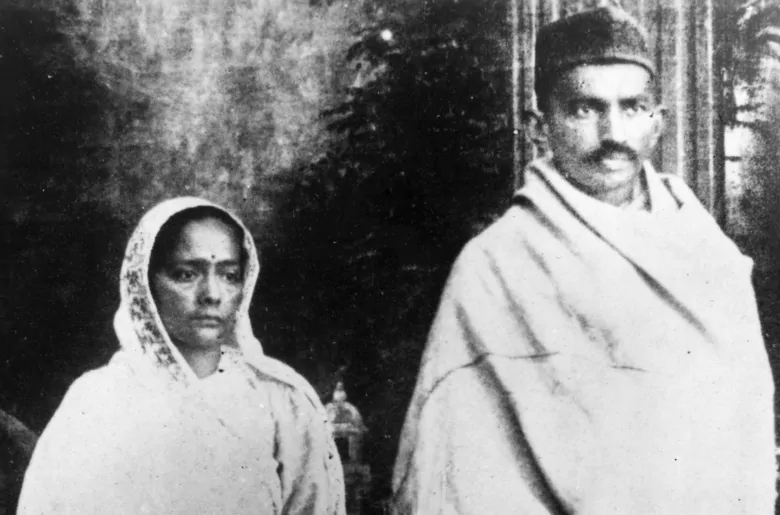Boris Johnson isn’t the first British PM hospitalized by the largest pandemic of his century. In 1918, the Spanish flu sickened and killed a staggering array of world leaders, and shaped the future politics of India, South Africa, the Soviet Union and perhaps every country involved in the Second World War.

Britain’s prime minister lay sequestered in a room for days, struggling to survive the deadliest pandemic of the century, while scant details trickled out to the public.
Boris Johnson in 2020? No, David Lloyd George in 1918.
The Spanish flu left a staggering trail of consequences on politics around the world, with Lloyd George one of numerous world leaders afflicted.
It killed the South African prime minister and the prince of Sweden. It sickened the Spanish king, the German kaiser and possibly the American president. It crippled First World War armies.
The long-term effects echoed even further: It spurred calls for universal health care and shaped the history of India, South Africa, the Soviet Union, Germany and beyond.
“You can’t lose that many people in the world — you can’t lose between 2.5 and five per cent of the population — without it impacting human activity in every domain, including politics,” British science writer Laura Spinney, author of the Spanish flu history Pale Rider, said in an interview.
She suspects the current smaller-scale pandemic will also shape major global events, and accelerate geopolitical developments already in motion.
WATCH | Boris Johnson admitted to ICU after COVID-19 symptoms worsen
British Prime Minister Boris Johnson was moved to an intensive care unit after symptoms from COVID-19 became worse. Johnson was hospitalized 10 days after testing positive for the virus. 3:18
Her own instinct is that future historians will see this coronavirus pandemic as a milestone moment in the great-power rivalry between China and the U.S.
Their already frosty relationship now includes bitterness over the pandemic, finger-pointing, expelled U.S. journalists and new trade tensions as countries fight over China’s supply of life-saving medical products.
Lloyd George survives
Britain was on the cusp of victory in the First World War, and authorities suppressed the morale-sapping news that Britain’s leader was gravely ill.
In her book Pandemic 1918, Catharine Arnold describes how traffic was diverted from a Manchester town square, away from the room where Lloyd George fought for his life.
Newspapers contained scraps of information: a brief two-sentence story in the New York Times announced Lloyd George was ill; two days later, an equally brief story said he was better; then a day later that he’d suffered a relapse.
Lloyd George survived the Spanish flu and went on to live another three decades.
The British empire, meanwhile, was collapsing.
India
In India, a middle-aged Mahatma Gandhi had just moved back home from South Africa to pursue the independence cause.
A staggering number of Indians were killed by the flu — up to 17 million, making it the hardest-hit country.
The illness raged through Gandhi’s ashram and he fell ill. His daughter-in-law and grandson died, and he told loved ones he was also resigned to death.

Gandhi survived. His country, meanwhile, fumed at British-led authorities, seen as indifferent to Indian suffering and too incompetent to offer basic medical care.
“Indian nationalists blamed the [British] Raj for the pandemic — one nationalist newspaper ran the comment ‘The Raj are doing nothing and we are dying like dogs!'” Arnold told CBC News.
Gandhi’s popularity surged.
Until that point, Spinney said, Gandhi’s movement had elite appeal but lacked grassroots backing.
“Then the pandemic

